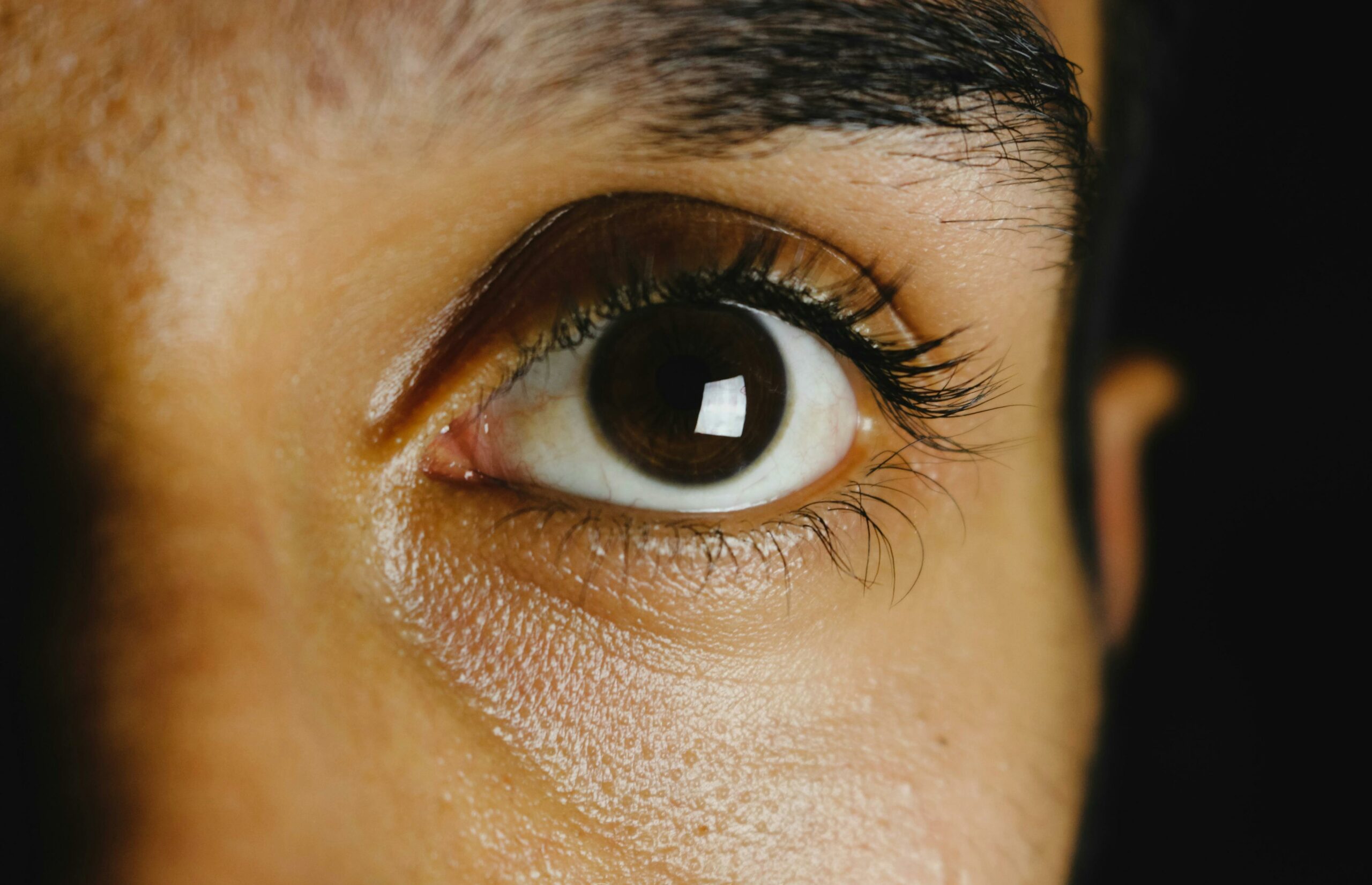Table of Contents

Worsening eyesight is becoming more commonplace. According to the International Agency for the Prevention of Blindness, nearly half a billion people worldwide experience vision impairments. Many of the conditions they’re diagnosed with, like refractive errors, cataracts, and diabetic retinopathy, often progress into blindness. That’s why you may want to learn more about the factors that can worsen your eyesight.
We’ve previously noted that one of those factors can be the glasses you wear. Ophthalmologists from the UK and Australia explain that sporting specs with the wrong prescription can unnecessarily strain your eyes and cause vision impairments to progress more rapidly. Though such cases do happen, they aren’t widespread. Unfortunately, they’ve still created the myth that any kind of glasses worsen your eyesight. The truth is that with the right prescription, they can slow the development of vision issues.
You may thus be wondering what actually causes your eyesight to get worse. Below are a few risk factors you should be aware of—and how to address them.
Skipping eye exams
Though many experts recommend getting an eye exam every one to two years, one in ten Americans forego them because of accessibility issues. Because health insurance plans often exclude eye care, many can’t afford to get tested. Meanwhile, Canadians skip them even if they have vision benefits because they feel they’re inconvenient and unnecessary if they don’t have eye health concerns. However, neglecting these checkups can cost you. Many vision issues don’t exhibit symptoms early on. If you don’t consult eye care professionals often, they can’t detect and treat them before they progress.
How to address it
If accessibility and inconvenience are keeping you from availing of regular eye exams, look for more affordable and hassle-free ways to get them. In countries like the UK, public health services offer free exams for minors, while some companies reimburse exam costs as part of employee benefits packages. Take advantage of these provisions if they’re available. Otherwise, head to a major retailer. Walmart is one chain that offers vision centers where you can get tested by an optometrist for cheaper, even if you don’t have insurance. OPSM streamlines that process further by allowing you to book an eye test on its website. You can simply select a location closest to you and finalize an appointment time that works for you without having to pick up the phone or adjust to a single optometrist’s schedule.
Excessive screen time
We now do so much on digital devices, whether at work, in school, or for entertainment at home. However, all that focusing on close-up screens forces your eyes to prioritize near over far vision. In kids, teens, and young adults, that can cause myopia (nearsightedness) or worsen existing diagnoses. You also blink less when looking at your gadgets, which is why people of any age may experience dry eye syndrome and digital eye strain. These conditions can cause discomfort and even pain through dryness, blurriness, redness, and irritation.
How to address it
First, monitor your screen time. Non-educational and non-work-related device use can be limited to two hours a day. If you’re working overtime or pulling all-nighters before an exam, try the 20-20-20 rule to give your eyes a break. Simply look away from screens every 20 minutes and look at something 20 feet away for 20 seconds. Finally, consider wearing blue light glasses. Though the artificial blue light emitted by screens isn’t as powerful as the natural kind that comes from the sun, prolonged exposure can still cause eye strain and discomfort. Look to brands like GUNNAR Optiks for glasses with lens coatings that block blue light.
Forgetting your sunglasses
You probably already know that sunglasses block UV rays that can cause blindness-causing conditions like cataracts. What you might not know is that you shouldn’t just wear them in the summer. Forgetting your sunglasses in the winter can worsen your vision. After all, the sun still shines during this season, posing more potential harm. It can even bounce off snow into your eyes, blinding them temporarily through a condition called photokeratitis (snow blindness). Kids also need sunglasses because their developing eyes are more vulnerable to sun damage.
How to address it
Wear sunglasses year-round. Be sure to buy a pair that offers 100% UV protection. Opt for additional features if you need them. If you’re outdoors often, invest in polarized sunglasses from dedicated activewear brands like Oakley. These use vertical filters to block horizontal rays of sunlight that cause glare. If you also need vision correction, buy prescription sunglasses to hit two birds with one stone. Though these can be pricier than regular sunglasses depending on your vision needs, you can get them at discounted prices from retailers like Eyebuydirect and Warby Parker. Finally, don’t forget about kids’ sunglasses! Parents should avoid ineffective toy eyewear that doesn’t provide UV protection. Instead, opt for shades from dedicated kids’ brands like Babiators.


